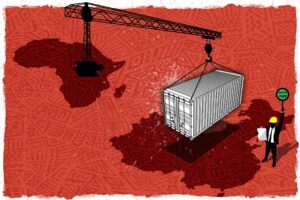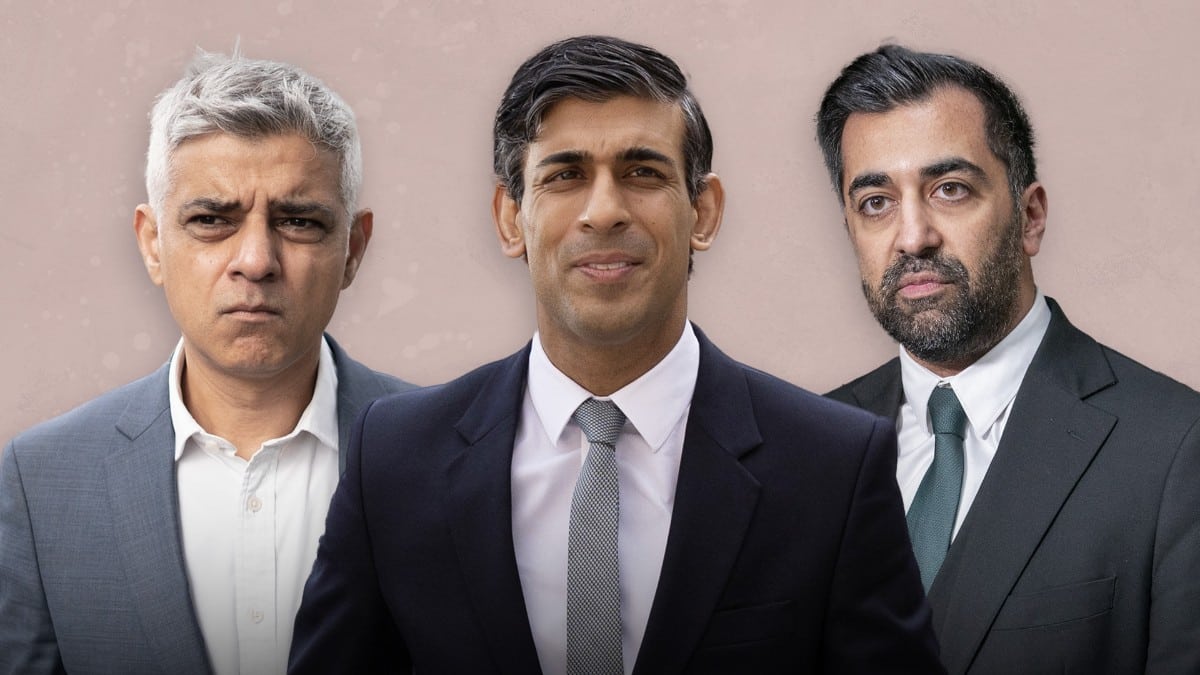
In the vast expanse of the African continent, a tense and silent conflict unfolds in the shadows—a subtle yet fierce struggle where global powers—Russia, China, France, and the United States—vie for influence. Echoes of coups and failed elections resonate in recent news, revealing a landscape of lost lives and the distressing surge of famine. Amidst this geopolitical chess game, as African leaders contend for their Western support, it is the African people who bear the high toll of these maneuvers of foreign policy.
Diminishing French Power in Sahel
Amidst this backdrop, the gradual but perceptible loss of France’s influence in the Sahel region emerges—a theater where the fight against terrorism was led by the European nation. A spotlight falls on a military junta in Niger, a nation rich in uranium and gold, casting a threatening shadow over the export of these natural resources to France. This twist questions Paris’s historical dependence on these valuable materials and underscores how human and political conflict can reverberate in the economy.
Crafting Russian Influence
In the Nigerien setting, dissatisfaction has taken root due to the manner in which trade transactions with France have unfolded. While Russian flags wave and anti-French rhetoric resounds in the streets, the possible Russian influence behind this power shift is hinted at. The Wagner Group, a entity of Russian mercenaries, has been cited for its involvement in African conflicts and the human rights abuses it entails.
Russia has skillfully woven its threads in Africa, employing various tactics to consolidate its influence. Russian-African summits, trade agreements, promises of humanitarian aid, and grain supplies—all efforts to gain ground in the region. The void left by France’s withdrawal from Operation Barkhane has been seized by Russia to expand its presence, especially through military groups like the Wagner Group. However, this advancement is not without controversy and concerns, as the shadow of potential abuse and destabilization looms.
China’s Economic Impact
Yet Russian influence is not the sole actor on this stage. China has deployed its economic power in the African continent, financing infrastructure projects and extending million-dollar loans. As African nations struggle to find their place in this labyrinth of global interests, African people find themselves at the epicenter of this competition—caught between promises and pressures.
Russia-Africa Summit
In the recent Russia-Africa summit in Saint Petersburg, technical-military cooperation agreements were sealed with over 40 African countries, in a diplomatic dance that could further alter the playing field. Amidst this choreography, Burkina Faso’s interim president, Ibrahim Traoré, raised his voice against imperialism and neocolonialism, calling for African unity to break free from exploitation.
A Silent Struggle Revealed
This silent war, woven in shadows and defined by the struggle for natural resources and influence, casts a grim contrast against Africa’s human landscape. African people, whose lives and aspirations should be the essence of this continent, find themselves ensnared in a conflict they did not choose. While global powers vie for dominion, it is imperative to remember that behind every geopolitical maneuver are humans deserving a future of peace and prosperity. In this nexus of interests and ambitions, it is vital that Africa’s voice be heard and the desires and needs of its people not be overshadowed by the global politics’ shadows.



